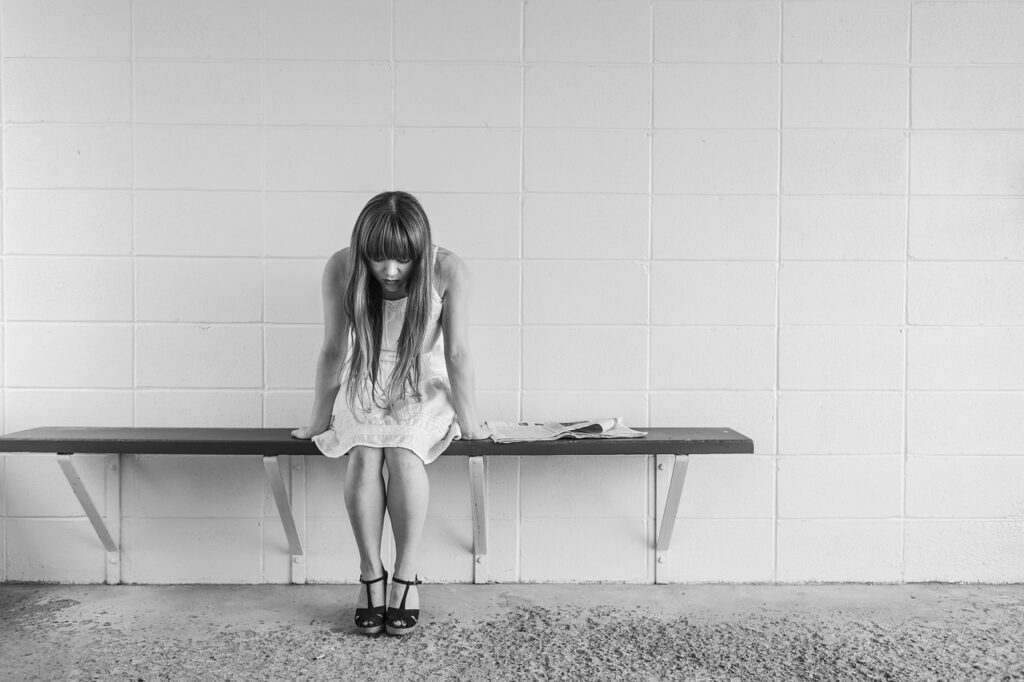It seems everyone is prepping for the holidays ahead of time; it is supposed to be the jolliest time of the year! In fact, some would say that “Christmas,” was strategically placed to bring light to the darkest days of winter. However, for some, the darker days aren’t just literal, they’re the clouds and shadows of dimness known as grief, that they’re carrying within them, whether others can see them or not. This is why this week (December 2-8) is recognized as National Grief Awareness Week (GAW) week which reminds us to create a softer place for each other to land, especially during this time of year.
GAW is a movement to normalize the concepts of grief in our everyday lives to help us all as we experience grief and to best support each other as we go through the motions of life with the varied emotions grief can bring. Grief is often a coexistence of feelings and emotions, while we continue to try to co-exist with each other. The American Psychology Association www.apa.org (adapted from the APA Dictionary of Psychology) states grief as this: “Grief is the anguish experienced after significant loss, usually the death of a beloved person. Grief often includes physiological distress, separation anxiety, confusion, yearning, obsessive dwelling on the past, and apprehension about the future. Intense grief can become life-threatening through disruption of the immune system, self-neglect, and suicidal thoughts. Grief may also take the form of regret for something lost, remorse for something done, or sorrow for a mishap to oneself.” Therefore, we know that grief is the suffering one feels when going through a significant loss. As seen above, this can look like a whole host of things and yet, may also look like someone is just doing life as normal. Grief, however, is always listed as deep suffering, despair, anguish, and pain, no matter how the person is presenting it.
What we know about grief is that it is very complex, and holds many stages, emotions, and phases, that only the person experiencing it can truly feel and process. Therefore, how can someone best support another person who is grieving without making them feel worse? We need to be softer, kinder, warmer people. Be supportive and don’t try to fix anything. Best things to do: Recognize the loss, just listen, allow them to feel any feelings without trying to change them, don’t rush their process or give them a timeline of when it will be better, don’t give advice, don’t minimize the loss, don’t try to rationalize anything. Being there is being supportive, trying to fix it, rush it, or make it go away is not. Be supportive, supportive is soft.
Maybe you know someone who is grieving the loss of a loved one, a job, or a way of life that is no longer and wonder how to be softer to them during this holiday season. Invite them to anything and everything, even better, offer to pick them up. MAKE IT EASY. Don’t tell them why they should or shouldn’t do something but invite them and let them choose. Everything can feel harder and heavier in grief. The person may want to say yes, but their anxiety and sadness say no. If they can’t come to the family meal, bring them a leftover plate with extra cookies and a beautiful card. Let them know they were missed. Other ideas for those who can’t go out: drop off warm food, and cards, ask if you can stop by to decorate, or bring a Christmas tree! Remind them often that you remember them. Allow them space to say no without guilt.
Grief doesn’t have a timeline. We don’t get to decide that one holiday season is enough to recover, or that “they weren’t married that long,” or “they are better off.” Grieving doesn’t have to make sense, especially if it isn’t your grief. There are no rules to how you feel if you are feeling how you feel. It’s most important that everyone has a safe and soft place to land, to share their feelings, outside of their own minds and inner dialogues. If you’re missing this there are so many wonderful resources to help you find support as you navigate living a life in grief, from local clergy, counselors, and therapists to online groups and teletherapy, all there to walk with you so you never have to suffer alone.
Grief is hard and unpredictable, it’s a season that can come when we least expect and stay longer than it’s felt warranted or reemerge unexpectedly. What everyone should be able to expect is a way to navigate through these periods of time that doesn’t feel like they are making everything harder. People who are in grief, need the reminder that the lighter days are coming! They need to know they don’t have to go through the darkness alone, and together we can make this easier for each other. Grief is hard enough, let’s make it softer together.
Mary Hoadley
Director of The Wellness Center


